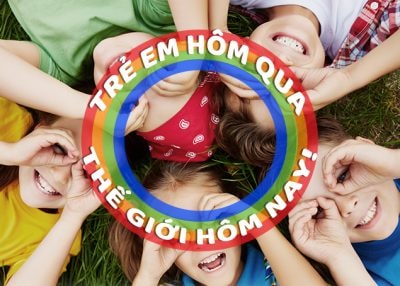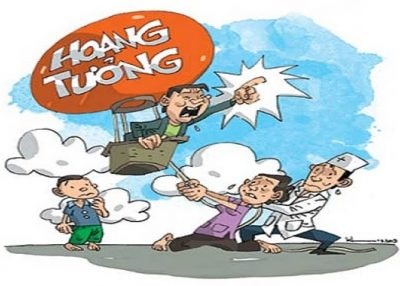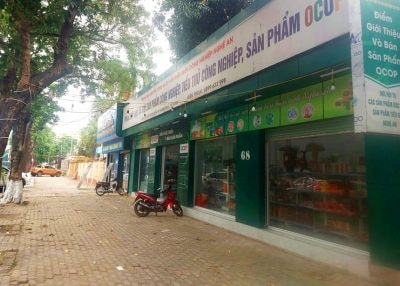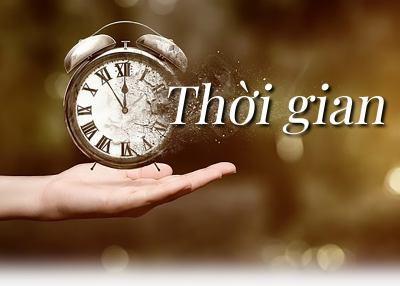
Every exam season, I feel really sorry for the students in my country.
The press and social networks are bustling with news of this student being valedictorian, the whole class of that student getting into a good school, getting so many foreign scholarships; the scores my child gets are all hot topics at the drinking tables of fathers and morning exercise groups of mothers.
On the other hand, some children run away – their families frantically search for them, and in many cases, no matter how much they regret, the parents can never “find” their “foolish” children again.
We are often quick to blame children for being "foolish", but have we ever calmly and fairly looked at the situation to see that the greatest foolishness actually comes from the adult world?
If child A wins a few scholarships, passes the entrance exams to 4-5 top schools… that’s great, congratulations for the child and his family’s efforts; but that should only be limited to the joy of one family, and everything should be just enough. By unnecessarily exaggerating small joys, the joy of this family will sow the seeds of suffering for many other families. That vicious cycle will never end, one exam season after another.
In other countries, try searching Google and see how many articles there are about how many points a candidate got, which school he was the valedictorian of? The formula of “other people’s children” has hurt many generations of students and made this society very tired. Parents are always noisy because of their frustration with the year-round reforms of the education sector, but I think, in Vietnam, what needs reforming the most is the mindset of the majority of parents.
Well, so what if I fail?
What does an exam say about a person's life?

Do people study to live a happy life, or do they have to give up a normal, happy life just to study and become debtors of exams?
I am so grateful to my father for giving me a very kind and generous answer to my early question:
“Dad, what if I don't succeed in the future?
“It’s okay, as long as you live a decent and happy life, that’s all that matters, my child. There are only a few outstanding people in this world, the majority are ordinary people, they are still living well.” And from then on, I was able to let go of all the pressure, I studied for myself, and within my capacity, pursued my own dreams and path. On that path, my father and late mother were just humble spectators standing from afar, waving their hands in encouragement, and that was all.
It is not the exams that are at fault, but the way we perceive and think about them that is the source of suffering for children and many families.
Treat exams in the most natural and normal way; it is as simple as planting a tree in the garden, it will flower and bear fruit, if not this season then next season. Do not be angry because your tree has not yet flowered in the middle of a forest of flowers and reject or blame it. A young tree, not yet through the storms of life, at that moment, more than ever needs sympathy and listening, from its own family and should never be used as an object of comparison.
At the university where I am teaching, there is a very humane program that I really like, called “The Lotus Pond Waiting for Someone” implemented by a group of young teachers, non-profit. No matter what problems the students are having, difficult to talk about… there will always be a “Lotus Pond” of teachers there to listen and give advice (if possible). Just that listening alone is more than enough, because they will know that even in the most difficult times, they will always find a “Pinkie” for themselves (Pinkie is the name of a sweet orange tree in the story “My Sweet Orange Tree” – a close friend who contains all the confidences of the little boy Zeze. Pinkie does nothing, it just listens). When pain and sadness are recognized and listened to, it means that they have been largely resolved.

Are we teaching our children the wrong thing about “Happiness”? Most people think that happiness is “Yes”: having a house, a car, a beautiful wife, smart children, a good job, a place in a good school… but few people think that happiness can sometimes be “No”: no illness, no worries, no pressure, no loss of freedom, no need to run in useless races chasing expectations… Who is this article for? For the children who are forgotten every exam season, or for the adults who, lost in the forest of expectations, forget the way back?
Let's leave our future generations the warm sympathy of happy and tolerant adults.
Article: Hoang Huy
Illustration: Document









